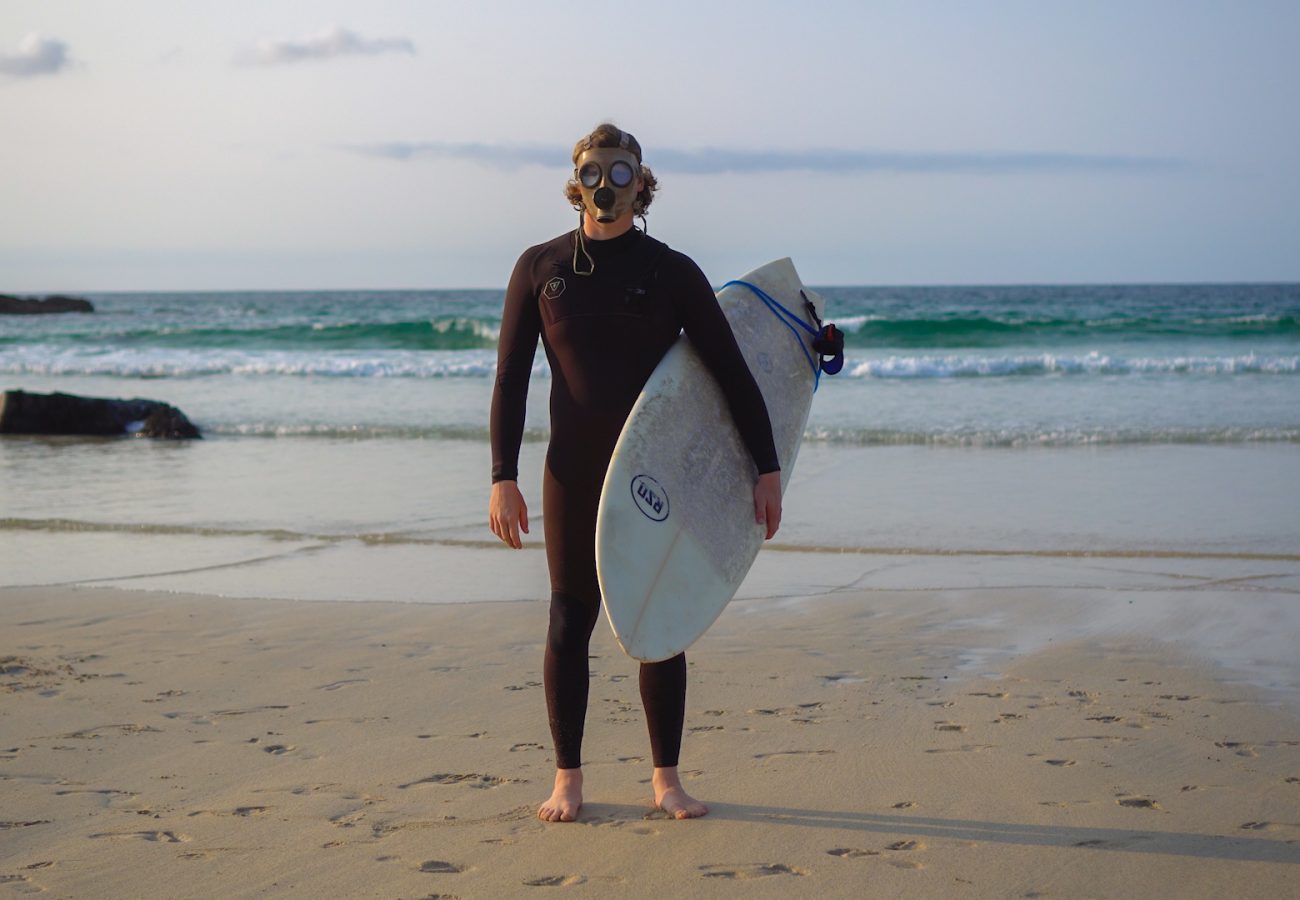Joe Duxbury
Active member
To all cavers concerned with the Forest of Dean, I have been asked by Paul Taylor to give the video below 'as much publicity as possible'. I have copied his message, which I received earlier today, to this forum.
https://www.youtube.com/watch?v=4a0Legc_zDI
It was filmed at Dry Sink on December 29th. Not a very nice situation.
The problem was found to be a fractured pipe in the Rising Main out of The Lonk Pumping Station further up the hill which resulted in the lower Joyford Station not being able to pump fast enough and hence the result is an overflow.
I reported the matter to Welsh Water and had numerous phone calls from them. One was asking me to confirm the location of the pumping stations as they could not find them. [This is madness! Welsh Water staff can?t find one of their own pumping stations!]
I reported the incident to the Environment Agency via their Incident Hotline which resulted in return calls up to
22.00 hrs on the 29th. I have since supplied a copy of the video, a picture and a copy of the survey . I am waiting for the local officer to get back in touch with me.
I will keep everyone [GSS] posted of any developments.
Fortunately we are not caving at the present time so hopefully the underground situation will have improved by the time we can get back into the cave.
It's a good job 'Smello-Vision' didn't take off.
https://www.youtube.com/watch?v=4a0Legc_zDI
It was filmed at Dry Sink on December 29th. Not a very nice situation.
The problem was found to be a fractured pipe in the Rising Main out of The Lonk Pumping Station further up the hill which resulted in the lower Joyford Station not being able to pump fast enough and hence the result is an overflow.
I reported the matter to Welsh Water and had numerous phone calls from them. One was asking me to confirm the location of the pumping stations as they could not find them. [This is madness! Welsh Water staff can?t find one of their own pumping stations!]
I reported the incident to the Environment Agency via their Incident Hotline which resulted in return calls up to
22.00 hrs on the 29th. I have since supplied a copy of the video, a picture and a copy of the survey . I am waiting for the local officer to get back in touch with me.
I will keep everyone [GSS] posted of any developments.
Fortunately we are not caving at the present time so hopefully the underground situation will have improved by the time we can get back into the cave.
It's a good job 'Smello-Vision' didn't take off.


